Don’t Blame Biden for the Hamas Attacks
Hamas’s attacks on Israel were always going to happen, regardless of America’s president
Max ProwantOctober 25, 2023
The New Twin Pillars: Preparing for a New Era of American Rebalancing in the Middle East
In the 1960s and 70s America relied on Saudi Arabia and Iran as its allies in the Middle East. Today, we just rely on Israel and Saudi
Randall FowlerOctober 23, 2023
If the Choice Is Charlatans or Fanatics, Choose the Former
Better to side with transparently self-interested Saudi over transparently evil Iran
Max ProwantOctober 19, 2023
It is High Time to Move Forward with the Saudi Defense Deal for American, Israeli, and Saudi Security
President Biden’s policy of ignoring Saudi Arabia must end
Charlotte ArmisteadSeptember 26, 2023
American Engagement in the New Middle East
A paradigm shift in the Middle Eastern geopolitical landscape has emerged driven by the Saudi Crown Prince, Mohammad bin Salman
William RobertsJuly 16, 2023
America Must Invest in the Continued Promise of the Abraham Accords 
The United States still has a critical leadership role to play in the Middle East—the Abraham Accords were only a starting point.
Connor Pfeiffer & Emily MillikenNovember 23, 2022
The Saudi Mirage of Religious Freedom
The Saudi monarchy is reigning in the Wahhabi religious establishment to solidify its power and stifle opposition.
Gabriella PerezSeptember 15, 2022
Major U.S. and British Government-sponsored Summits Defend Global Religious Freedom
Two recently held major international conferences brought together thousands of religious freedom advocates and government officials to cooperate in taking concrete action to end religious persecution.
Eric PattersonAugust 9, 2022
Biden’s Saudi Visit was a Win for Americans
Threatening the US-Saudi partnership over of Saudi Arabian crimes would risk more American lives, cause greater conflict, and increase injustice and human suffering.
Rebeccah HeinrichsJuly 28, 2022

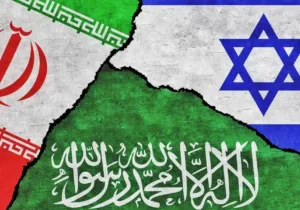

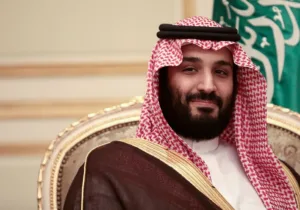
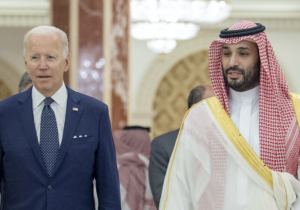
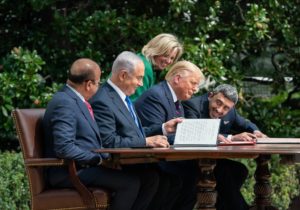
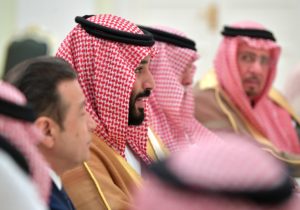
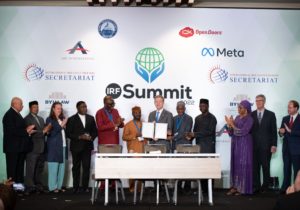
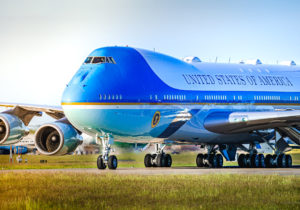

 Sponsor a student for Christianity & National Security 2024
Sponsor a student for Christianity & National Security 2024